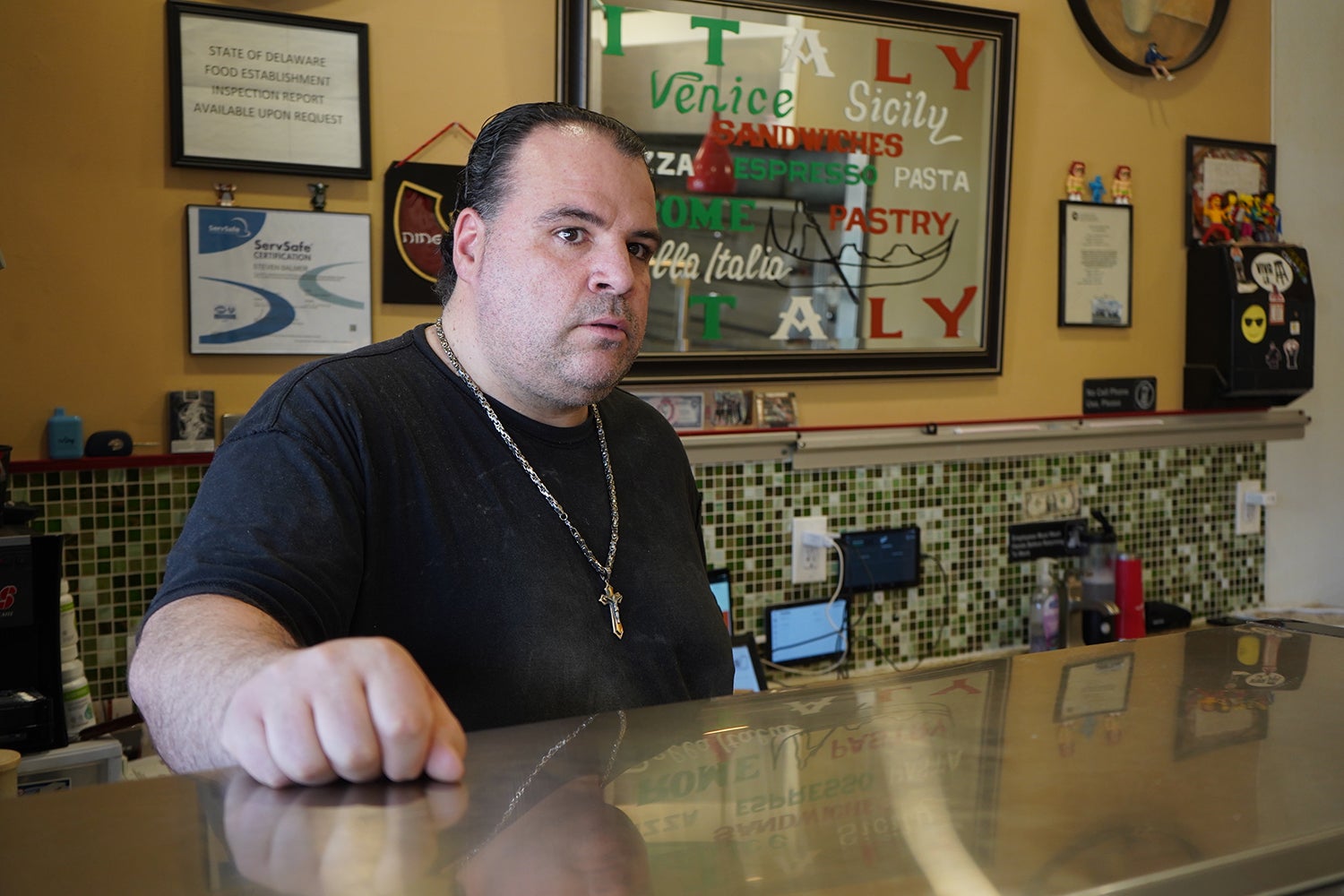Walgreens announces plan to close 1,200 stores over next 3 years

Walgreens Boots Alliance plans to close 1,200 stores during the next three years, with 500 closures set for next year, in the face of low drug reimbursement rates and slower consumer spending.
The Deerfield, Illinois-based company on Tuesday said it would shutter roughly 14% of its U.S. locations and redeploy the majority of the workers impacted. “We are in a turnaround,” Tim Wentworth, the drugstore chain’s CEO, told an earnings call.
“The closure of so many stores is emblematic of a company that is in trouble and is trying to course correct,” commented Neil Saunders, managing director of GlobalData. “Walgreens spent years building its business through acquisitions and completely neglected the fundamentals of its stores and its retail operations,” the analyst added.
Walgreens also beat reduced estimates for fourth-quarter profit, and projected 2025 earnings that met analysts’ expectations. Wall Street embraced the announcements, with shares of the company jumping $1.42, or nearly 16%, to close at $10.42 a piece, or down 60% so far this year.
Since taking the helm last year, Wentworth has announced multiple steps, including a $1 billion cost-cutting program.
Walgreens in May cut prices on 1,300 products across its U.S. stores, following other retailers in looking to appeal to inflation-weary customers.
The company in June said it would close a significant portion of its roughly 8,600 U.S. stores, but did not disclose the exact number.
Wentworth said Walgreens expects to take nearly all of the prescription-filling business from the to-be-closed stores with it.
Walgreens is not alone in struggling to grow its U.S. retail pharmacy business.
In October, Rite Aid said it planned to shutter 154 stores nationwide as part of its bankruptcy filing, which came amid slumping sales and mounting opioid-related lawsuits. And CVS Health said earlier this month it was cutting 2,900 jobs as part of an effort to reduce costs by $2 billion.
The job cuts represents about 1% of the health care company’s workforce, a CVS spokesperson told CBS MoneyWatch via email.
Pharmacies — both independent locations and retail chains — are closing around the country amid low reimbursement rates for pharmacy care as well as low dispensing fees for Medicaid enrollees.
Like its competitors, Walgreens is feeling the impact as millions of Americans have lost health insurance since the end of a pandemic policy that guaranteed Medicaid coverage during the health emergency. After Medicaid enrollment ballooned during the pandemic, millions have been moved out of the health care program for low-income Americans, Rick Gates, an SVP and the company’s chief pharmacy officer, said on the call, noting a dynamic “where they have not picked up coverage as quickly.”
Related
Are malls in Philadelphia’s suburbs dying? Or are they evolving?
Oversaturation is as easy as ABC: ‘Just by nature of capitalism, somebody’s not going to survive’ Mall rents are close to an all-time
History with Phil: How shopping carts rolled into American grocery…
The story of the shopping cart is one of innovation driven by practicality, beginning in the late 1930s with an Oklahoma groc
Surprising Trends in American Spending Habits You Need to Know
Consumer spending consistently accounts for about 70% of the U.S. economy. What Americans buy with all of that consumption is divided into two major categories
American Retailers Leave Consumers Exposed to Email Fraud Amid Holiday…
Proofpoint research reveals 40% of the leading retailers are not actively blocking bogus emails that spoof their brand SUNNYVALE, Calif., November 21, 2


:max_bytes(150000):strip_icc()/GettyImages-633707459-3f77008017a84e6d823df3f42baaa23b.jpg)









